How to Keep Your Bones Strong as You Age
September 24, 2024
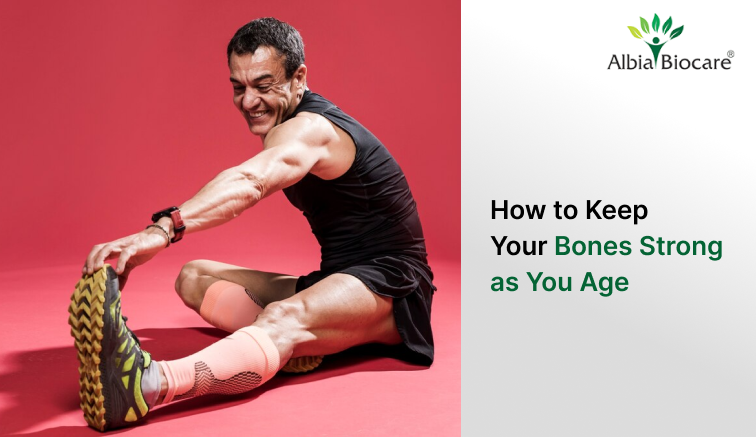
Table of Contents
We do not think about our bones, until one breaks. But we must take care of our bones, just like we care for our health. Bone plays many roles in our body, such as providing our body with a structure, protecting our organs, anchoring muscles and storing calcium. And we indeed start losing bones as we age. Bone loss can cause Osteoporosis, where bones become thin to a level that they break. Fractures due to Osteoporosis often lead to disabilities. According to a study, among all adults and both age groups of 50-64 years and 65 years above, low bone mass prevalence was higher among women, as compared to men.
The good thing about Osteoporosis is that it is not a natural part of ageing and thus there are numerous things that you can do to keep your bones strong and healthy. In this blog, you will explore how to keep your bones strong.
Eat the Right Foods
One of the first steps on how to keep your bones strong is to pay attention to your diet. A diet that is low in calcium can result in lessened bone density, early bone loss and an increased risk of fracture. That is why it is very important to include the right food in your diet. You need to add calcium, vitamin D and protein to your diet for healthy muscles and bones. In addition to it, fill all your plate with whole foods like nuts, beans, whole grains and fruits and vegetables, as they all are naturally rich in a wide variety of nutrients important for healthy bones.
Muscle Up
Building muscles is not just for young people. Exercises that improve strengths are important for people of all ages. You can have strength training exercises like lifting weights and using resistance bands. Strengthening muscles supports your bones and reduces the risk of falling.
Consume more calcium
Calcium is an important building block of bone tissues. In a study, it has been said that adults need 1,000 mg of calcium a day and women after menopause and men after the age of 70 need 1,200 mg of calcium a day. You must include milk and other dairy products in your diet as they are rich in calcium. Other foods that include calcium are orange juice, leafy green vegetables and broccoli.
Focus on Balance
Focusing on balance is a good idea to improve flexibility and balance of the body as this reduces the risk of falling. For balancing you can prefer activities such as yoga. It can also help you get rid of stiffness and unsteadiness connected with your painful joints.
Boost your Vitamin D intake
Your body needs Vitamin D to absorb calcium. Your body makes Vitamin D from the sunlight throughout the summer, but for winters you are advised to take the supplements for Vitamin D daily. Other good sources of Vitamin D include oily fish, mushrooms, eggs and fortified foods such as milk and cereals. It is best to have 600 international units (IU) of Vitamin D per day.
Use supplements wisely
If you are not getting enough calcium from your diet, the doctors will advise you to take supplements like calcium carbonate or calcium citrate to boost calcium in your body. And unlike calcium, Vitamin D cannot be attained fully through food, thus you must take Vitamin D supplements with or without food, once a day.
Avoid alcohol, caffeine and tobacco
Alcohol, caffeine and tobacco are harmful to your health in many ways including the high risk of Osteoporosis. So, it is very important to cut down your levels of alcohol, caffeine and tobacco consumption. You can swap out the caffeinated drinks with decaffeinated. If you consume alcohol every day limit it to one drink per day for a woman and two drinks per day for a male.
Do exercise
Exercising is very important for maintaining bone density. Like your muscles, bones also get stronger as you exercise. Physically inactive people have higher chances of Osteoporosis than people who are more active physically. So, it is good to do some exercise every day. The most effective exercises for strengthening bones are those that include weights. But if you are at a high risk of osteoporosis, then you should avoid high-impact exercises and instead should do low-impact exercises. Maintaining strong bones as you age is not a difficult task. You just need to focus on a balanced diet, regular exercise, and smart lifestyle choices, and all these will help you keep your bones healthy and stronger. When it comes to bone health, making small changes in your lifestyle can have bigger impacts.








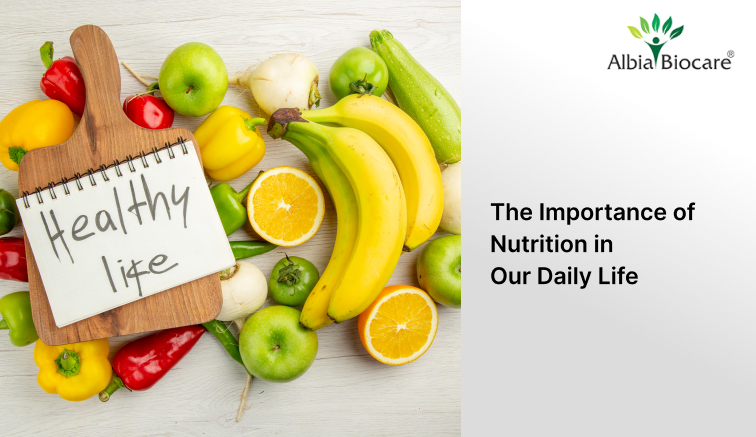
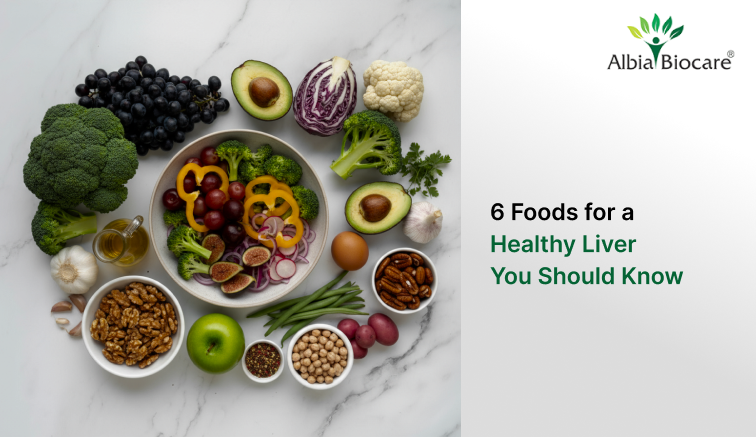
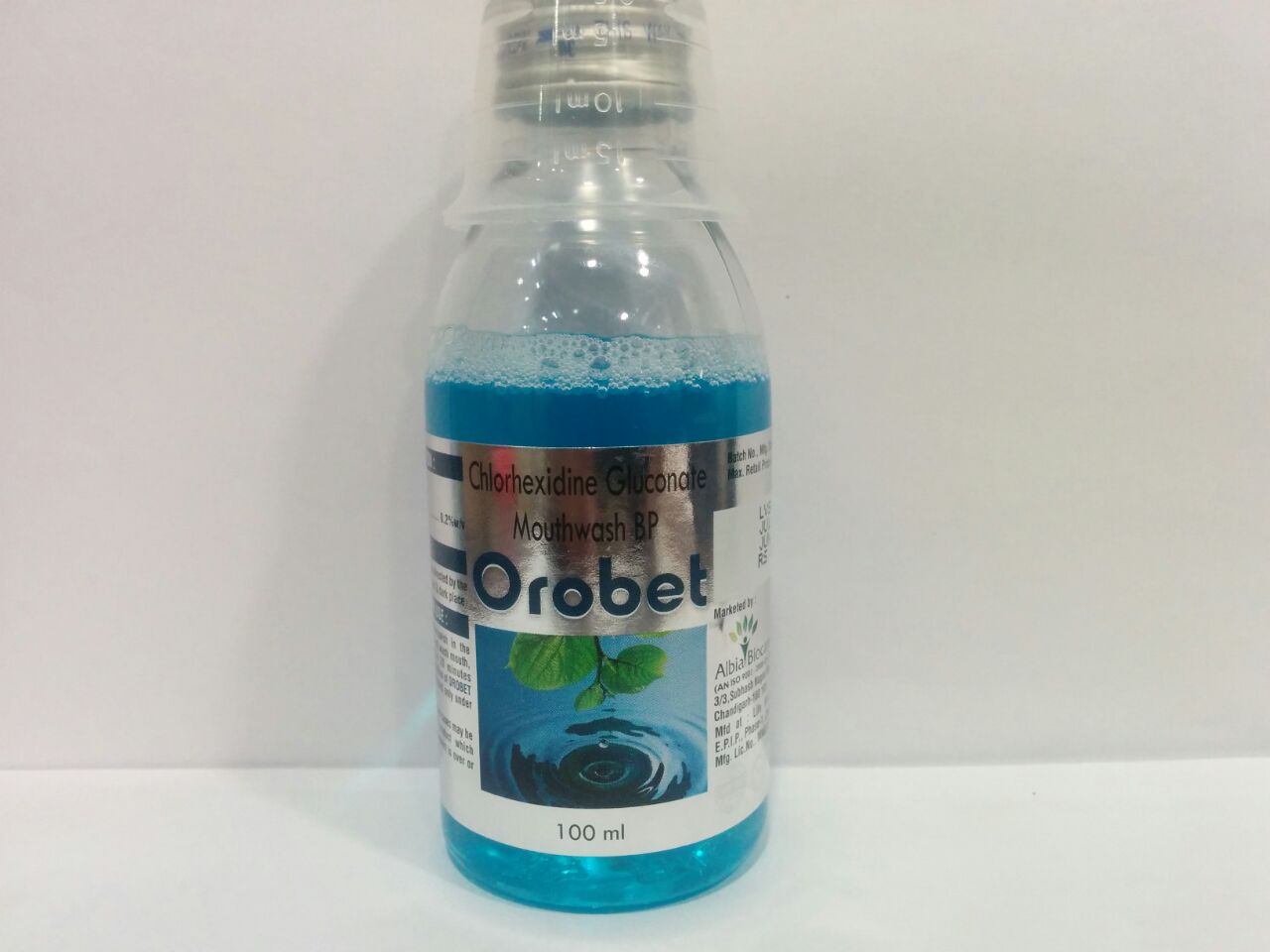
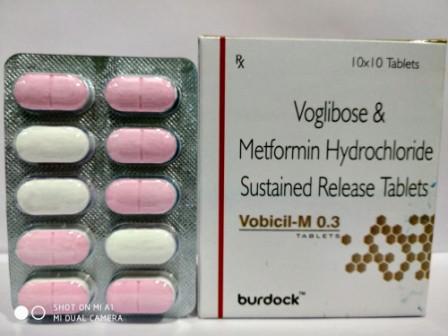
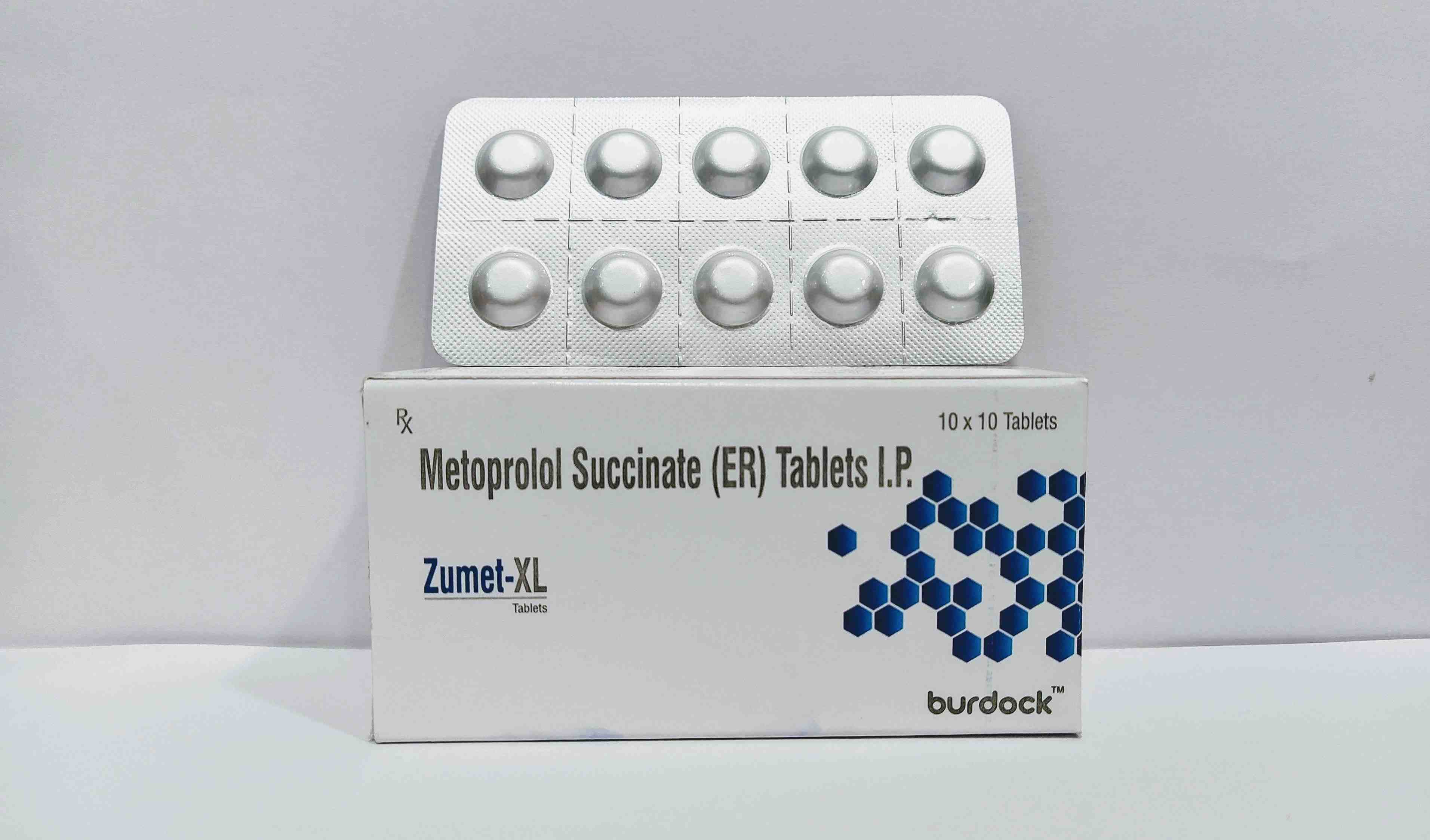
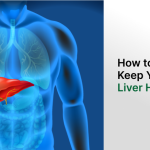
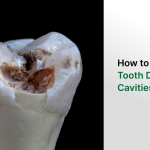


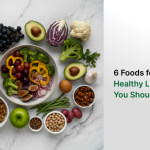

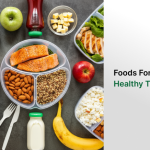



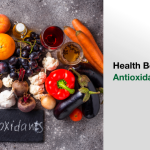
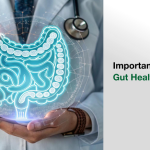
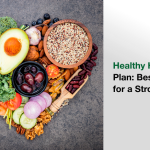

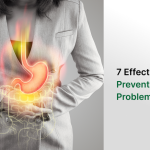
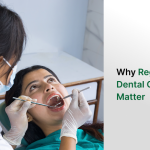
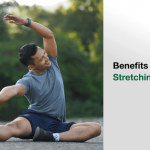
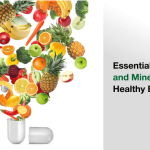




Leave a Reply